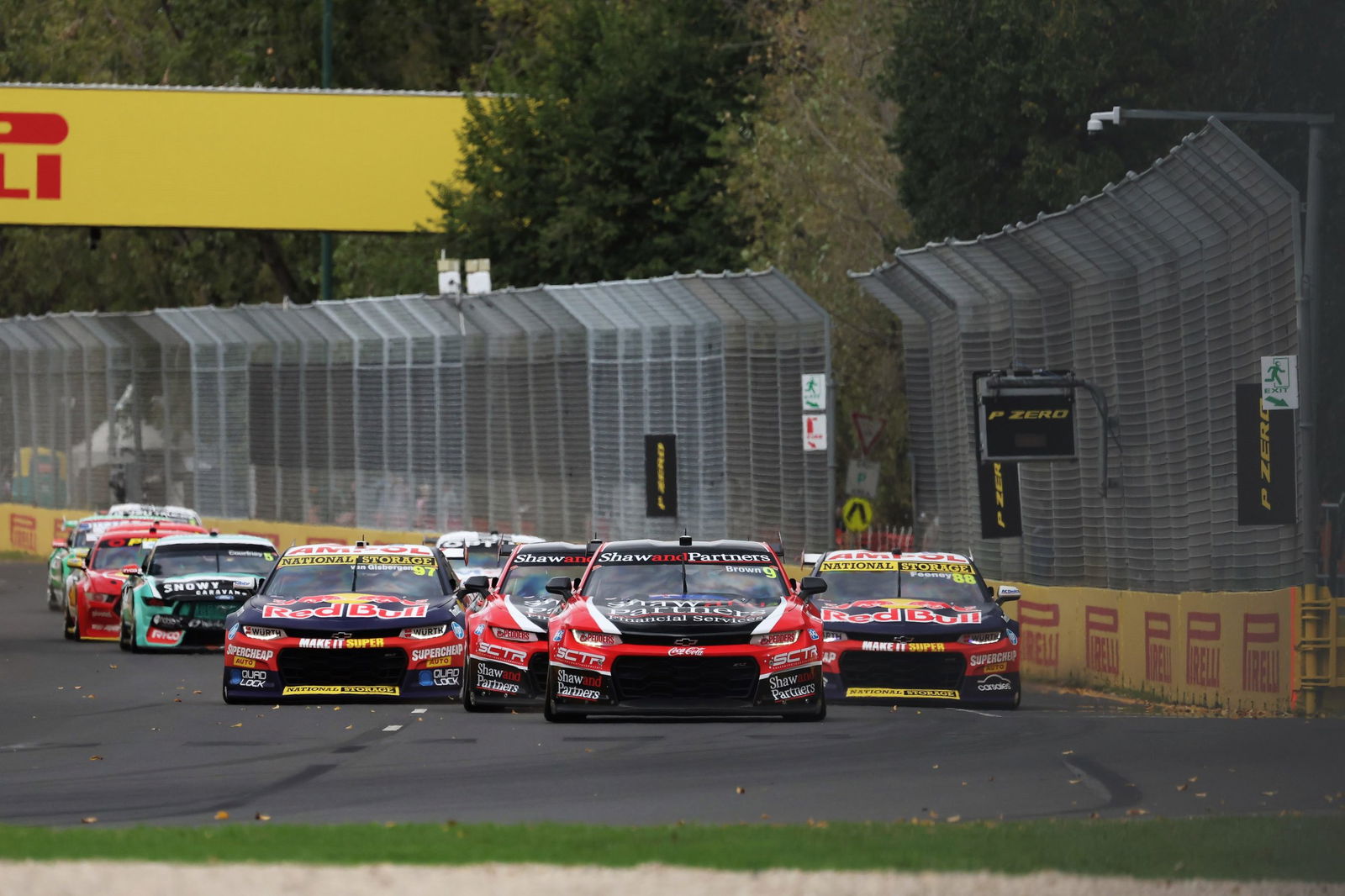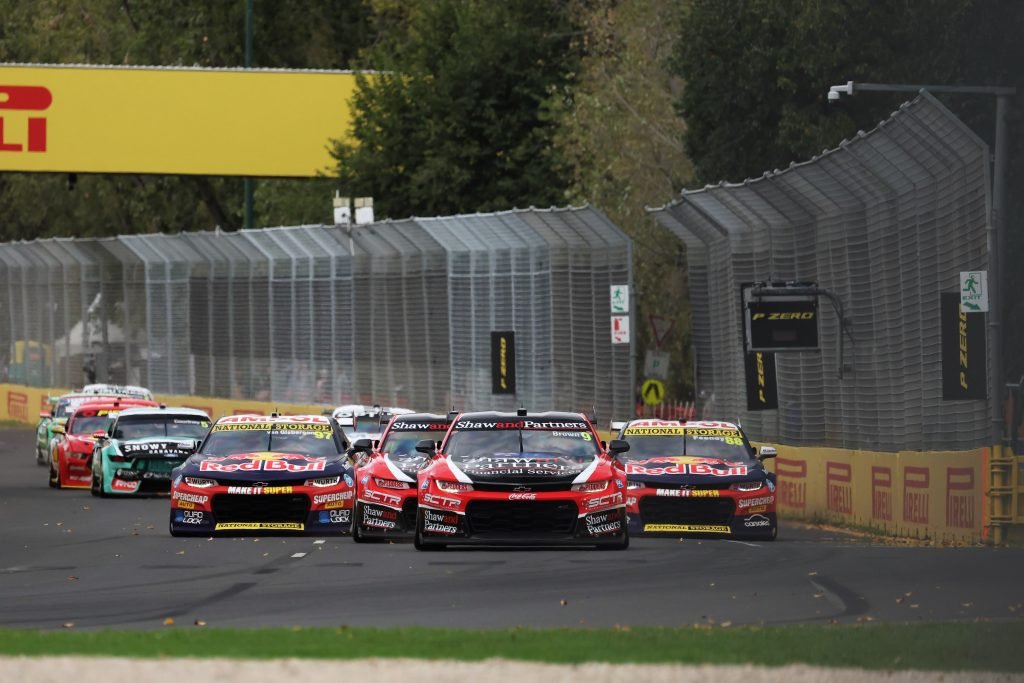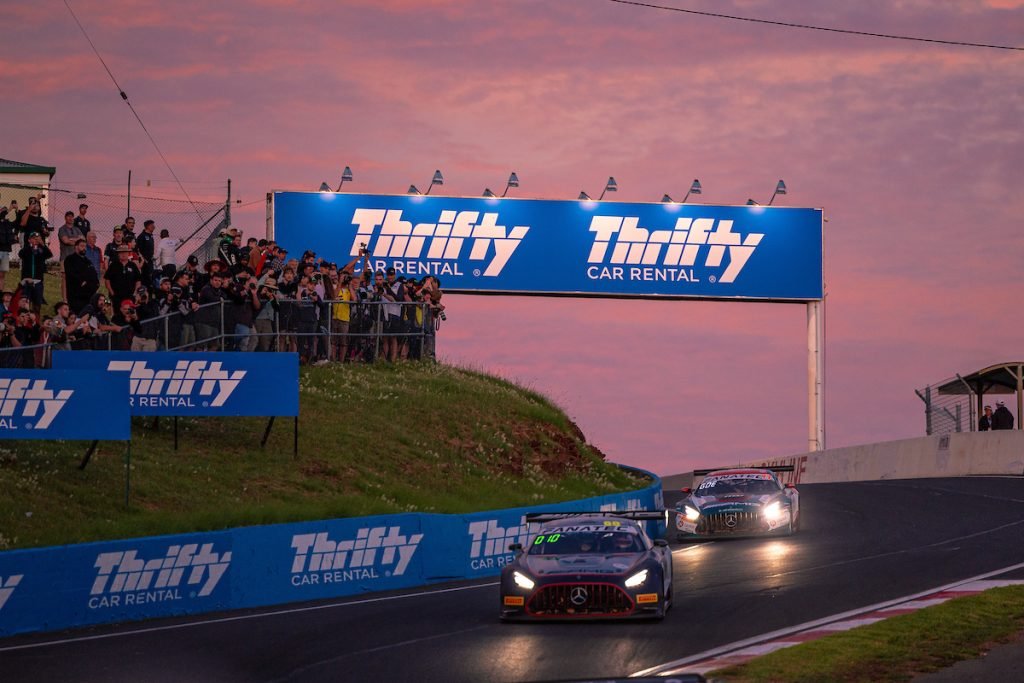

Melbourne’s Albert Park is expected to host Round 1 of the F1 season again next year, having not held its once customary season-opener status since the ill-fated 2020 event.
That appears likely to contribute to a squeeze from both sides for the Supercars season-opener.
So too, though, did he announce that Albert Park would host Round 1 of the current season, which in fact began in the past week in Bahrain.
The change of plans seems to explain the two-year contract extension which the AGPC was granted in December 2022, with the timing of Ramadan being the underlying reason.
Ramadan is just about to start for 2024, on March 10, and hence the Bahrain and Saudi Arabia races are being held on the Saturdays immediately prior, but the Islamic holy month is set to run from February 28-March 30 in 2025 (pending lunar movements).
With March 30, 2025 being a Sunday, that points to a Bahrain race on April 6 and Saudi Arabia’s on April 13 (or vice versa) next year, and the likelihood that Australia will indeed return to the very front of the F1 calendar, at some part in March.
A further consideration, though, is what happens to the Japan and Chinese Grands Prix, which will this year be held on the weekends of Sunday, April 7 and April 21, respectively.
Both would likely be displaced due to the later Ramadan, and China typically has a fortnight clearance leading in to allow time for freight to pass customs in the People’s Republic.
Either or both of Japan and/or China would thus presumably also be moved ahead of the Bahrain-Saudi Arabia double-header, given the need to cram 24 events into a calendar year, which pushes Australia into the earlier weekends of March; Sunday 2, 9, or 16.
That becomes uncomfortably early for Supercars, which has held its opening event prior to the Australian Grand Prix ever since the category returned to Albert Park in 2008.
True, in years past, the field went from the Adelaide 500 on one weekend to the Australian Grand Prix the next, but that one-week turnaround is not only suboptimal, it is understood to be a breach of the Teams Racing Charter (the terms of which are negotiable, it must be noted).

Last year, though, the turnaround from the Newcastle 500 to AGP was three weeks (Sunday to Sunday) and this year it is four from the Bathurst 500, a relatively early season-opener in order to facilitate the Bathurst SuperFest contingency.
True also is that a March 16 AGP – a fortnight later than the 2024 F1 season opened in Bahrain – would still allow for a Supercars season-opener on the weekend of Sunday, February 23 – matching the 2020 Adelaide 500 – and a three-week turnaround to the next event.
Any earlier, though, and the Bathurst 12 Hour starts to cause problems.
The stated reasons were to distance it from the 24 Hours of Daytona – which the Bathurst 12 Hour had come to typically follow just a week later (less once one accounts for travel, a big timezone change, and practice/qualifying days) – and to allow foreign teams more time to ship equipment Down Under.
However, it is also worth noting that the global GT calendar is now quite busy in the early months of the year thanks to the Asian Le Mans Series – which this year finished just a week before the Bathurst 12 Hour – and 24H Series events in the Middle East.
The chances of shifting the Bathurst 12 Hour forward to accommodate the Supercars Championship, therefore, are slim.
In theory, Supercars could start its season at Albert Park, but that idea seems entirely unpalatable given it is now the AGP’s third-ranked support category, behind Formula 2 and Formula 3, and this year cannot welcome general admission ticketholders into its paddock.
All eyes will thus be on the 2025 F1 calendar, which, if last year is any guide, could be released as early as this July.
The 2024 Australian Grand Prix/Melbourne SuperSprint takes place on March 21-24.




















Discussion about this post